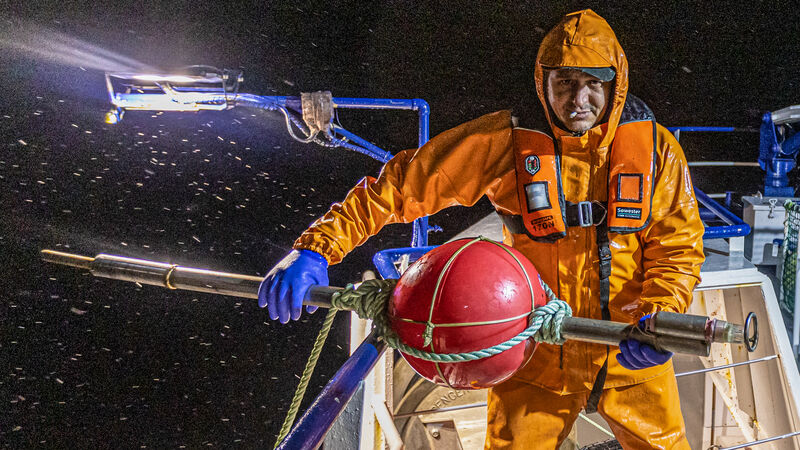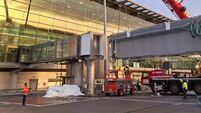Ireland's fishing crisis: ‘Another nail in the coffin of Ireland’s indigenous fishing industry’

Fisherman Manuel hauling in fishing lines aboard the Dingle-based gillnetter Men Scoedec. Picture: Neil Michael
That Norway wants more access to Ireland’s fish than it already has is something that has probably passed most people by.
So too the fact that this became a red-line issue for the Irish fishing industry.











